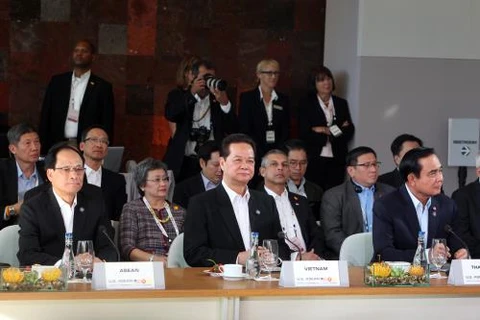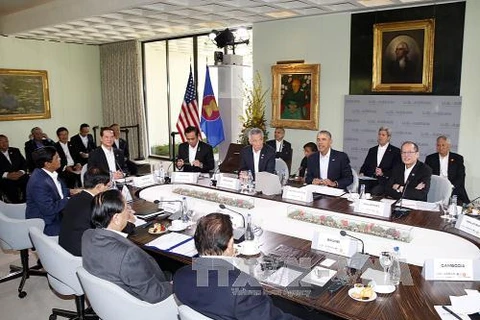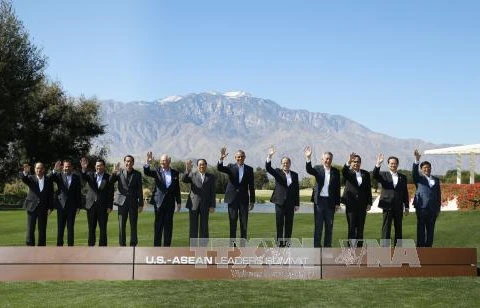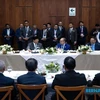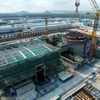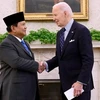Hanoi (VNA) - US President Barack Obama on February 16 called for “tangible steps” from relevant sides to lower tensions in the East Sea.
Speaking at a press conference held after the ASEAN-US Summit in Sunnylands, California, Obama said he and leaders of ASEAN member states had discussed the need to ease tensions in the East Sea and agreed that any territorial disputes “should be resolved peacefully and through legal means”.
The US leader specified that “tangible steps” may include “a halt to further reclamation, new construction and militarisation of disputed areas”.
The East Sea issue was one of the main topics discussed during the two-day summit. The leaders adopted a joint statement that affirms they’ll firmly uphold the principles and purposes of international law, the UN Charter and the ASEAN Charter as the defining principles for ASEAN-US ties.
They shared commitments to peaceful resolution of disputes, including full respect for legal and diplomatic processes, without resorting to threats or the use of force in accordance with universally recognised principles of international law and the 1982 UN Convention of the Law of the Sea (UNCLOS).-VNA



